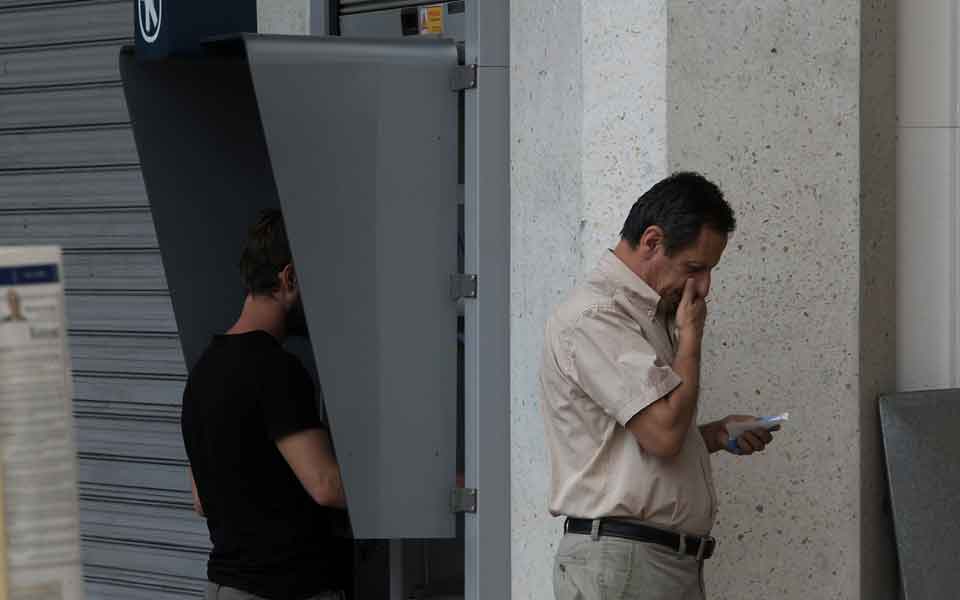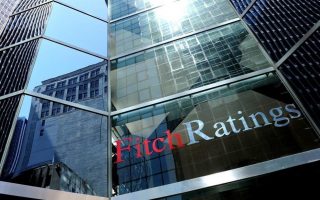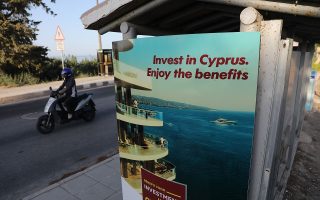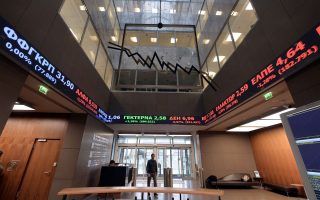Two to three years of euphoria or real growth?

Over the next two to three years Greece will have to put to use a financial package totaling around €57 billion, arising from the €32.5 billion European recovery fund and the estimated €24.5 billion in private investment it will attract. This will also be accompanied by the EU’s National Strategic Reference Framework (NSRF) for 2021-27, which (including the €5.3 billion national contribution) will reach €26.1 billion, and, together with the expected private participation, will culminate in a financial package of €34 billion. In the coming years, an economy with an investment gap of around €100 billion may find over €90 billion being channeled through it, or ever more.
It would be logical to add part of the €19.3 billion that our country will receive until 2027 under the new Common Agricultural Policy (CAP). Regardless of what is said, a large portion will go to income support (half of Greek farmers’ annual income is from European subsidies). Still, as the new CAP shifts its focus away from simple income subsidies toward greening agriculture and increasing its effectiveness at producing “public goods” – environment, food safety etc – new development opportunities for the €19.3 billion will materialize.
So, within the next few years, roughly €110 billion will flow into the Greek economy. The challenges will be colossal. Ranging from the more “technical” – the NSRF and recovery funds will be channeled toward similar policies, resulting in a risk of overlap and a waste of resources – to the more “political” – will the public and private sectors be able to utilize the available resources in crucial domains and establish programs, public and private works, and projects that will improve the state’s operation, promote competitiveness among enterprises (especially in sustainability) and develop Greece’s human resources? When all is said and done, will we emerge from this period with a new production model, or will the current parasitic model be perpetuated?
Ideally, our country will change course, Greek society will modernize and become more equitable, and the Greek economy will position itself more firmly in the international market.
That is the best-case scenario; in the worst-case scenario, all these funds will be spent without solving the chronic structural problems that plague our economy or quashing nepotism and clientelism. In other words, the worst case would be spending the next two to three years in a state of false euphoria, accompanied by housing bubbles, and perhaps even stock market bubbles, and economic growth that would leave the masses out while widening inequalities. Economic growth does not automatically reduce inequalities, progressive economic structures do. In the short and medium term, growth can often contribute to increasing inequality.
It is a very different situation, with wholly different outcomes, if growth is driven by investment/business activity from a few large firms with limited mobilization of internal resources and high imports, than if the same rate of growth (or slightly lower) is achieved through widespread mobilization of smaller firms, labor and raw material producers within the country. Spreading the benefits of economic development provides stability and strengthens social cohesion. The appropriation of the benefits by a few powerful groups provokes a sense of injustice, intensifies social discontent with all the political implications that entails, and ultimately compromises future development itself.
We have not avoided the above consequences even in our relatively recent past, not to mention what came before that. It remains to be seen whether we have learnt from our mistakes.





